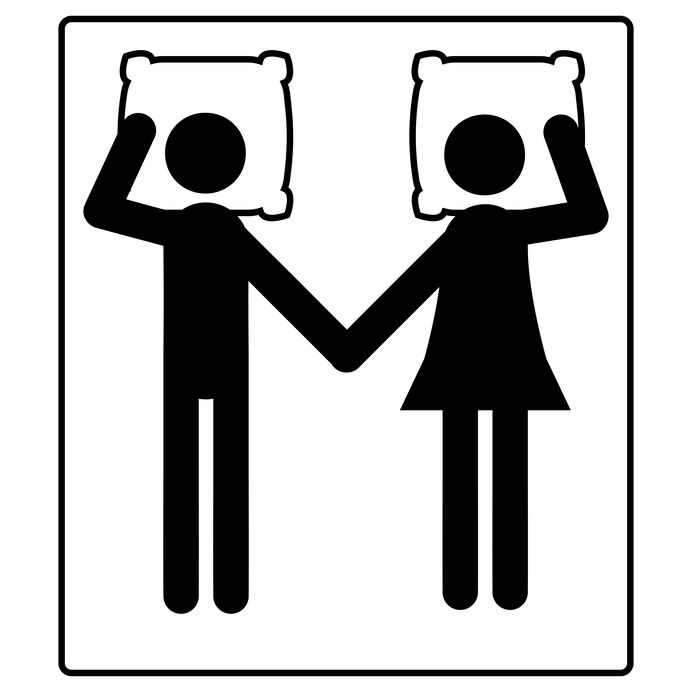A British firm is developing an app that will allow smartphones to track their owners’ moods through their speech patterns, in the hope it can improve aspects of mental health treatment. The app, called Xpression, is designed to record the user’s voice throughout the day, analyzing the acoustics for emotional content.
Apparently the information will then allow the user to make a more accurate report about their mood throughout the week to their mental health provider.
While therapists, psychologists, and psychiatrists will sometimes ask a patient to keep track of this information in diary form, these self-reports may not be very accurate, either because the person didn’t monitor consistently or they didn’t do it at all. For instance, when a person is severely depressed, they often lack motivation to do life’s most basic tasks so keeping an accurate mood journal isn’t the most reasonable expectation. This app, which focuses on a user’s tone rather than what they’re saying, would serve as a diary but require little to no effort by the patient.
I am a fan of most any ethical technique or device that can help get people the treatment they need. However, for people with mild to moderate issues, experiencing our emotions when they happen and identifying what we are feeling in our bodies and minds at that moment is an important part of successful treatment. Looking at our electronic report after-the-fact and seeing a bunch of data may do little for a person who needs to learn techniques for stress management or improving interpersonal relationships.
If we can’t learn to sit with our own emotions, positive, negative, or otherwise, when they happen, we may miss the wonderful highs life has to offer. Looking at our mood data to see how we’re doing is kind of like looking at photos of other people’s vacations but never leaving our own couch.



